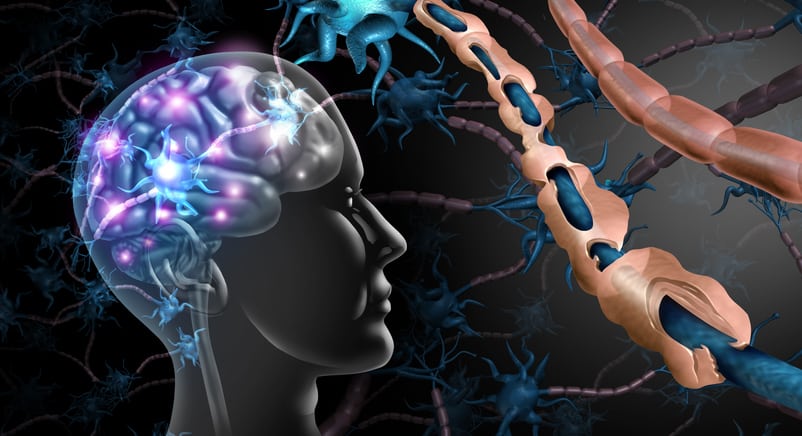Patients with chronic pancreatitis (CP) often require opioids for pain control. The goal of our study was to characterize opioid use in patients with CP in a real-life practice using a state-mandated online monitoring program and to assess outcomes compared to CP patients without opioid dependency.
CP patients seen in our Pancreas Center from 2016 to 2021 were divided into two groups-with and without chronic opioid use. Details of opioids and other controlled prescriptions were obtained by review of the Massachusetts Prescription Awareness Tool (MassPat).
Of the 442 CP outpatients, 216 used chronic opioids. Patients with opioid use had significantly more recurrent acute pancreatitis (76.6% vs. 52.7%), concurrent alcohol use (11.2% vs. 5.8%), tobacco use (37.8% vs. 19.7%), anxiety (22.4% vs. 16.6%), depression (43.5% vs. 23.5%) and daily pain (59.8% vs. 24.8%) (p < 0.001). They also concurrently used more benzodiazepines (43.7% vs. 12.4%), gabapentinoids (66.4% vs. 31.1%) and medical marijuana (14.9% vs. 4.19%) (p < 0.001). They had more celiac plexus blocks (22.0% vs. 6.67%), surgery (18.3% vs. 8.89%) and more hospitalizations for CP flares (3.6 vs. 1.0 visits) (p < 0.001). Less than 13% patients received opioids by means of ED visits; 81.7% patients received their prescriptions from one facility and 75% received them at regular intervals.
Opioid-dependent CP patients exhibit polypharmacy and have worse outcomes with higher resource utilization. The state-monitoring program ensures that the majority of patients receive opioids from a single facility, thereby minimizing misuse.
© 2022. The Author(s), under exclusive licence to Springer Science+Business Media, LLC, part of Springer Nature.
Evaluating Outcomes and Misuse in Opioid-Dependent Chronic Pancreatitis Using a State-Mandated Monitoring System.


